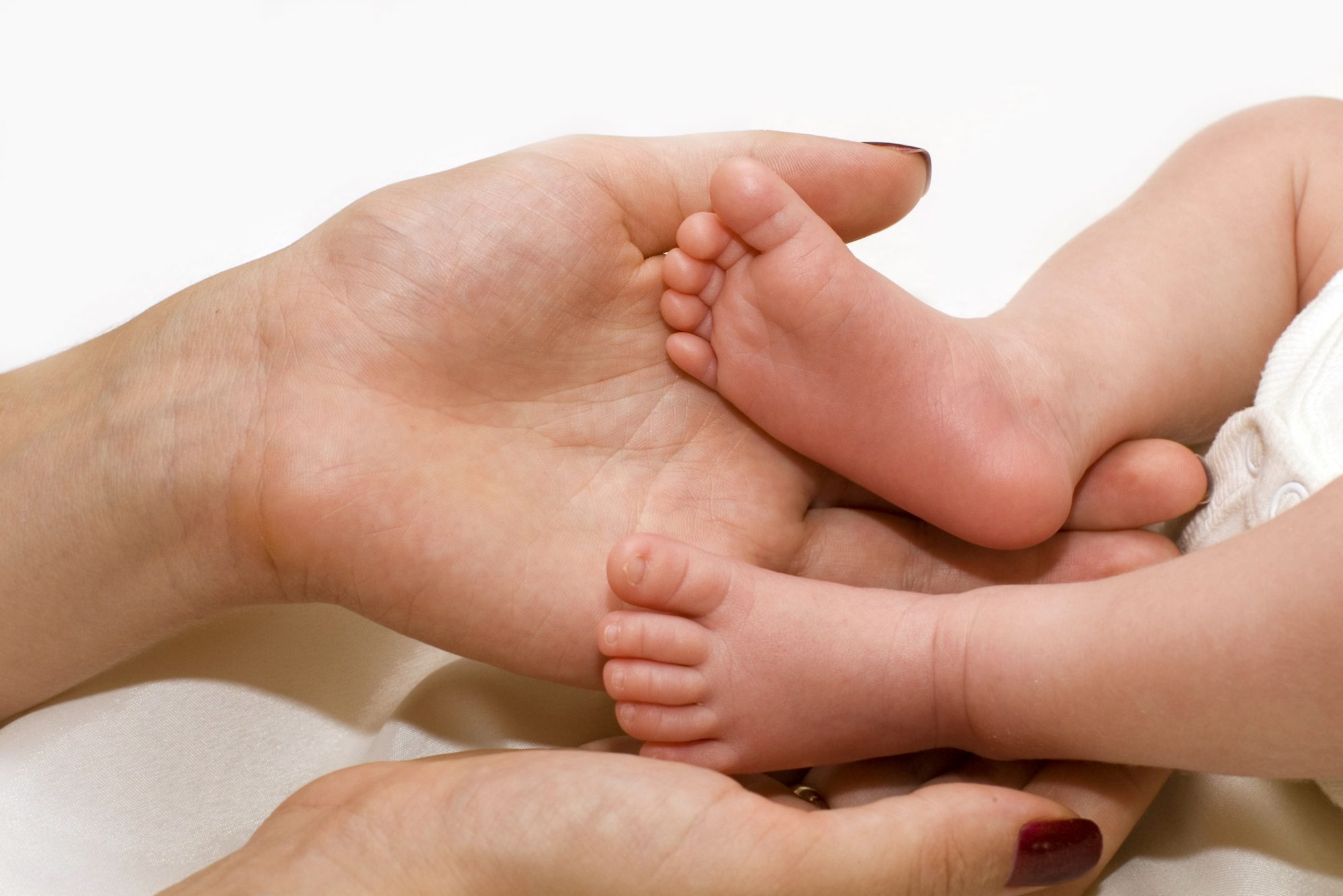Pregnancy changes the brain in profound and long-lasting ways, affecting brain physiology, mood and behaviour
Neuroscience 2022, the annual meeting of the Society for Neuroscience and the world’s largest source of emerging news about brain science and health, presented new findings on how pregnancy changes the brain in very significant ways.
In fact, maternal mental health conditions are extremely common for pregnant women and new mothers.
Of the roughly 3.5 million people who give birth each year in the United States, approximately 20% will be impacted by mental health conditions like depression and anxiety. These illnesses can negatively impact parents, babies, families, and society if left untreated.
Research into how pregnancy changes the brain is beginning to reveal the neural mechanisms underlying adaptive changes and perinatal mental illnesses.
Postpartum depression: risk biomarkers and therapeutic targets
Susceptibility or resiliency to postpartum depression in a rodent model is associated with changes in neuroimmune markers and hormones that could serve as risk biomarkers or possible therapeutic targets for the condition.
Factors that regulate gene expression in learning and memory networks may mediate the long-term effects of maternal experience in the brain in mice.
The long-lasting antidepressant effects of allopregnanolone in postpartum depression may be due to effects on the coordination of activity across brain regions implicated in the mood.
“The neuroscience findings presented today touch on different aspects of the transition to motherhood at multiple levels of investigation and in varied brain areas,” says session moderator Jodi Pawluski, a neuroscientist and psychotherapist.
‘Important insights into the neuroscience of parenting’
“These investigations into the maternal brain provide important insights into the neuroscience of parenting and have implications for targeting and treating perinatal mental illness.”
Pregnancy changes the brain – how?
According to the research, nearly 70% of women experience some of these symptoms in the weeks following the birth of a child:
- Sadness
- Lack of interest (anhedonia)
- Anxiety or other mood disturbances in the weeks following the birth of a child, and approximately 20% of these women may develop more severe, persistent postpartum depression.

Testing on rats identified vulnerability to postpartum anhedonia
Individual female rats showed variable vulnerability to postpartum anhedonia; those with postpartum anhedonia were also more anxious and less likely to care for their pups.
Scientists found that rats susceptible to postpartum anhedonia had altered levels of some neuroimmune factors and hormones compared with unaffected animals. This suggests that it may be possible to identify biomarkers that predict risk for postpartum depression and that could serve as novel therapeutic targets for the condition.
Ultimately, there is limited knowledge of the molecular mechanisms underlying how pregnancy, childcare, and stressful experiences interact to produce long-term changes in brain health.
However, studies did show that mice that have given birth perform better on spatial learning tasks and display profoundly different gene expression patterns in the hippocampus, a critical brain structure for learning and memory, compared with mice that have not given birth.
Chronic stress during the postpartum period, on the other hand, completely inhibits these adaptive changes.
Brexanolone (allopregnanolone) approved for the treatment of postpartum depression
Brexanolone (allopregnanolone) has recently been approved by the FDA for treating postpartum depression. This is because the drug provides long-lasting antidepressant effects, but how it works is still poorly understood.
In mice, for example, allopregnanolone appears to regulate the coordination of neural activity across brain networks implicated in mood and emotional processing.
Information flow through these brain networks is disrupted by chronic stress, a major risk factor for depression and anxiety, but can be partially restored by allopregnanolone treatment, offering a possible mechanism for the drug’s persistent antidepressant effects.











